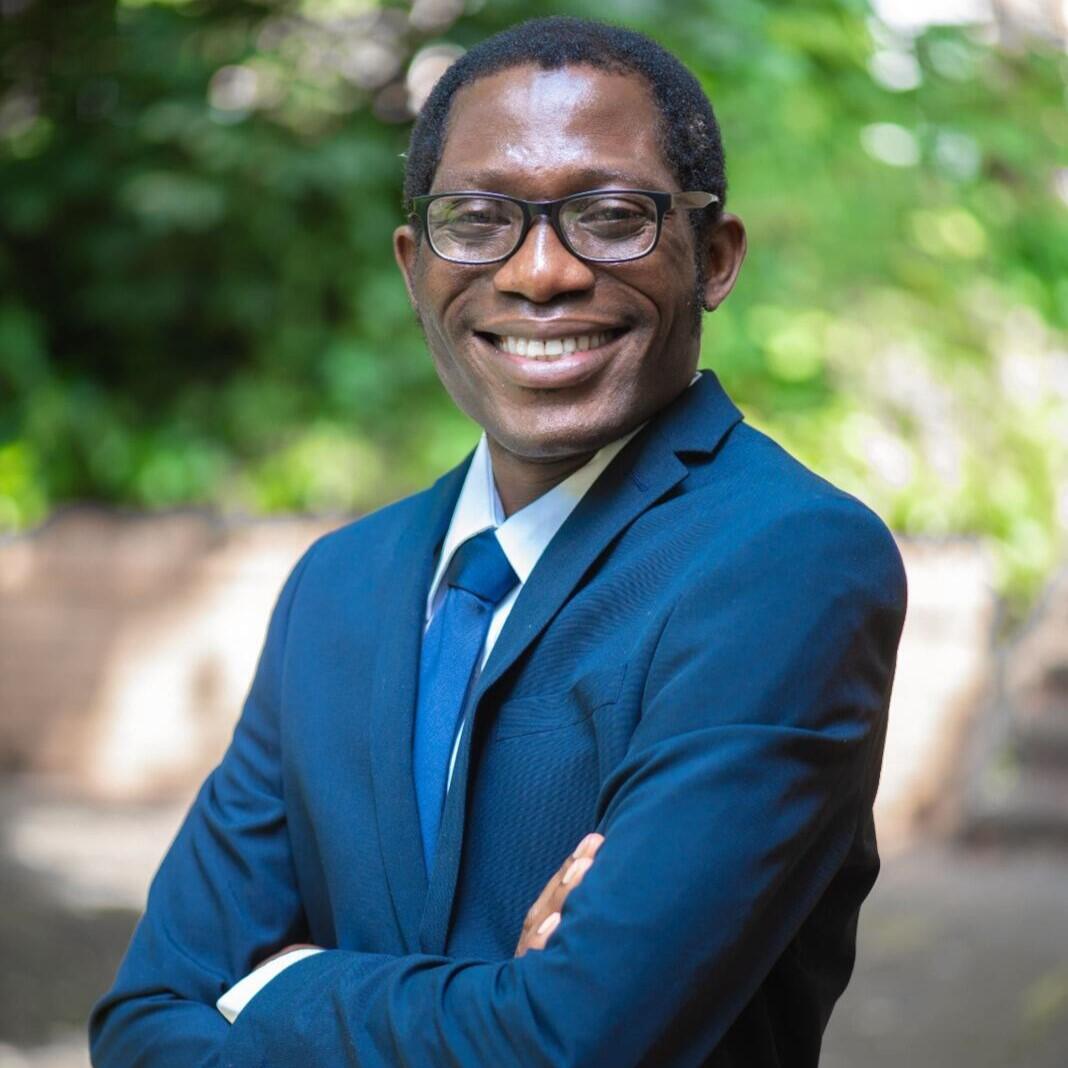Charles PREMPEH

| Name | Charles PREMPEH |
|---|---|
| Affiliation | Research Fellow at Kwame Nkrumah University of Science and Technology / Visiting Associate Professor at African Studies Center ,Tokyo University of Foreign Studies |
| Key Words | African Studies, Religion and Politics, Religion and Development, Gender Studies, Qualitative Research, Popular Culture, Diaspora and Migration Studies, Chieftaincy and Traditional Institutions in Ghana/Africa, History and Politics in Ghana |
| Major Works |
Description of Research: Religious citizenship in Ghana in an age of ideological globalism "A religious 'prostitute' cannot be our president" was the title of a story Ghanaweb, a major online news portal, published on 7 November 2023. The assertion in the title is reported to have been made by Sam Nartey George, an opposition Member of Parliament for Ningo Prampram. He accused the Vice President of Ghana of politicising his (Vice President's) religious identity for political gains. Contextualising the accusation, Ghana's current Vice President, Dr Mahamudu Bawumia is a Muslim and presidential candidate for the ruling New Patriotic Party (NPP). He is the first Muslim presidential candidate in Ghana, since independence in 1957, to contest in the forthcoming December 2024 general elections. Meanwhile, since assuming the office the country's Vice President in January 2018, Dr Bawumia, as a public figure, has accepted invitations to attend Christian events and similarly received prayers from Christian religious functionaries, all of which are generating different interpretations among a section of Ghanaian Muslims and Christians. Muslims fault him for not accentuating his Islamic identity enough to foster Islamic influence in public governance; while Christians see him as a pragmatic figure, leveraging Christian demographic advantage, for political gains. Consequently, the Ghana's religious plurality is shifting in a divisive direction, running against the country's 1992 Constitution that criminalises religiously-informed discrimination in political participation. At the same time, the constitutional provision of religious inclusivity in public governance is challenged by a surge in ideological globalism since millennial turn. This trend is informed by several factors, majorly, the fractious impacts of attempts by some Western leaders and local advocates to decriminalize minority sexual rights in the country. Indexing the polarizing impact of the decriminalization of minority sexualities, driven by ideological globalism, it has united Muslims and Christians in defence of what they consider as the ontological boundaries of family and sexuality. Similarly, it has revitalized competitive religious proselytization between the two religions towards staking major influence in public governance. The emerging religious tension in Ghana reflects the already undercurrent political instability in the sub-Saharan West Africa, signified by the increasing spread of politicised religious activities, including those of Boko Haram. Also, the region has recently seen an upsurge in military intervention in politics, revealing the fault lines in the democratic gains of a few Francophone countries. Resultantly, my preliminary observation is that the politicisation of primordial religious identity could fracture modern Ghana--which is a social construct (anchored on an imagined sacralization of symbols and emblems: Coat of Arms, flags, pledges and anthem). Researching my observation, I will deploy both the theories of civil religion, and ethnographic and online data to address the question: How is the politicization of religious identity shaping citizenship and public governance in Ghana in an age of ideological globalism? The study will contribute to shedding insight on the idea of secularization, citizenship, identity, modernity, and ideological globalism in the 21st century world. About his research activities and career, see below |

